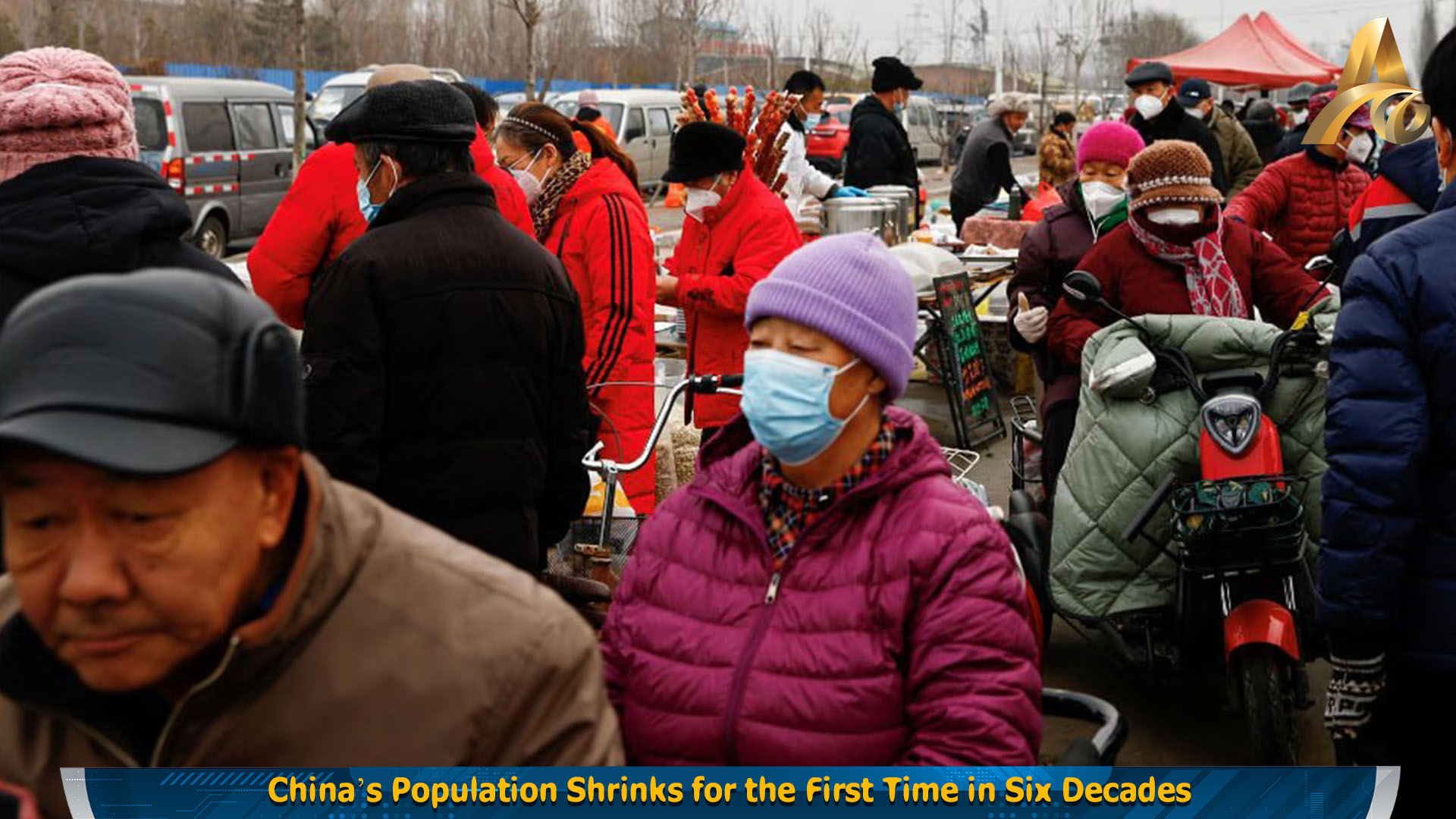BEIJING/HONG KONG: Jan 17 - China's population fell last year for the first time in six decades, a historic turn that is expected to mark the start of a long period of decline in its citizen numbers with profound implications for its economy.
The drop, the worst since China's Great Famine of 1961, also lends weight to predictions that India will become the world's most populous nation in this year.
China's population dropped by roughly 850,000 to 1.41175 billion at the end of 2022, the country's National Bureau of Statistics said.
Last year's birth rate was 6.77 births per 1,000 people, down from a rate of 7.52 births in 2021 and marking the lowest birth rate on record.
China also logged its highest death rate since 1974, registering 7.37 deaths per 1,000 people compared with a rate of 7.18 deaths in 2021.
Long-term, U.N. experts see China's population shrinking by 109 million by 2050; more than triple the decline of their previous forecast in 2019.
That's caused domestic demographers to lament that China will get old before it gets rich, slowing the economy as revenues drop and government debt increases to take care of a rapidly aging population.
Much of the demographic downturn is the result of China's one-child policy that it imposed between 1980 and 2015 as well as sky-high education costs that have put many Chinese off having more than one child or even having any at all.
China's stringent zero-COVID policies that were in place for three years have caused further damage to the country's bleak demographic outlook, population experts have said.
Although local governments have since 2021 rolled out measures to encourage people to have more babies, including tax deductions, longer maternity leave and housing subsidies, the steps are not expected to arrest the long-term trend.
Online searches for baby strollers on China's Baidu search engine dropped 17% in 2022 and are down 41% since 2018, while searches for baby bottles are down more than a third since 2018. In contrast, searches for elderly care homes surged eight-fold last year.
The reverse is playing out in India, where Google Trends shows a 15% year-on-year increase in searches for baby bottles in 2022, while searches for cribs rose almost five-fold.
(Source Reuters)























